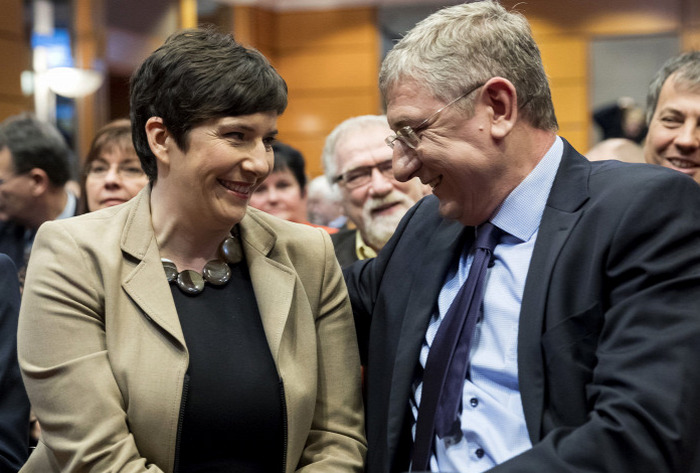Before the 2002 elections, the MSZP - then without Gyurcsány - promised the voters the following: in the first hundred days, public sector workers will receive a significant salary increase, there will be a 13th monthly pension. They then floated the idea that some medicines and textbooks would be free, and that the work week would consist of 38 hours.
In his 2005 annual review speech, Viktor Orbán, who was in the opposition at the time, said that the coalition's activities can only be measured with a "handabarometer". Then came the gas price increase, which Ildikó Lendvai initially commented on: "I will say it slowly and in detail so that Viktor Orbán will understand: there will be no residential gas price increase." Then it was. 11 times.
Of course, this is all history and the truth is that Fidesz also made election promises, but they could not be held accountable until 2010, because they did not come to power. The "what if?" and it is quite an ahistorical question.
Now the time has come again for the globalists who have (in the meantime) become socialites, who will soon flood us with their campaign promises for next year. Klára Gyurcsányé Dobrev did the most striking thing so far by promising all pensioners HUF 150,000 if they win the elections next year.
Apart from the fact that this is an open vote-buying offer, which - beyond ethics - may not even hold up under criminal law (although we are not sure of this), the question is how much will it bring to the DK's kitchen? Will it bring more than the number of blind voters they have? Will it reach the sympathizers of the parties starting with them, including the pensioners?
Because it is also a matter of credibility. Those who would absolutely not vote for the national forces, do they see Gyurcsány's wife as different and more credible than the fallen prime minister himself? The one who declared that she was "immeasurably proud of the Ószöd speech" also said that she was not even angry at her husband who lied morning, night and evening. So they are the same in every possible way.
If, according to the surveys, Gyurcsány is the most rejected politician because of the above, why does Ms. Klára, who is the same as him, think that anyone will believe his promises?
Image source: MTI/ Balázs Mohai













